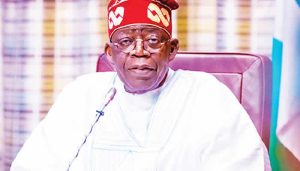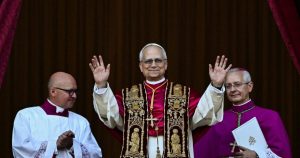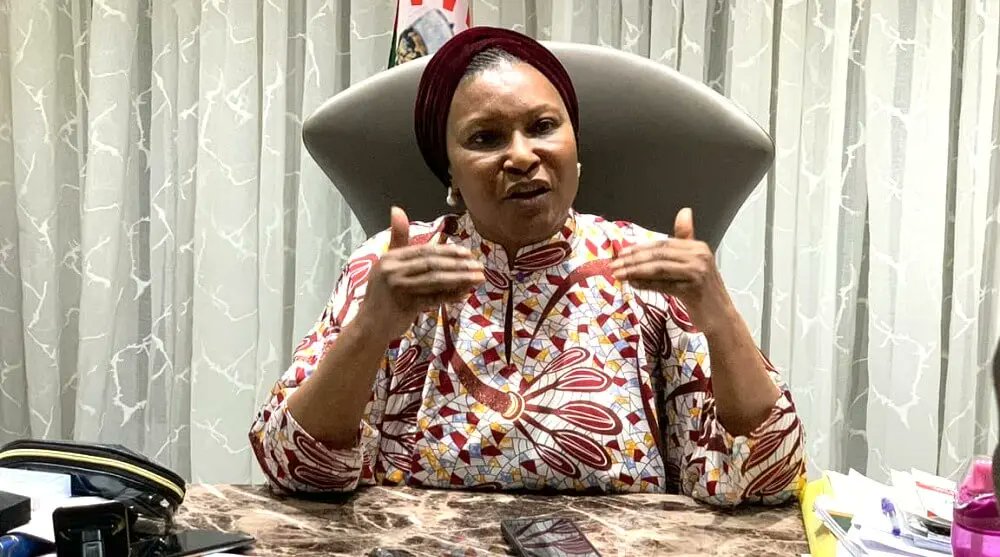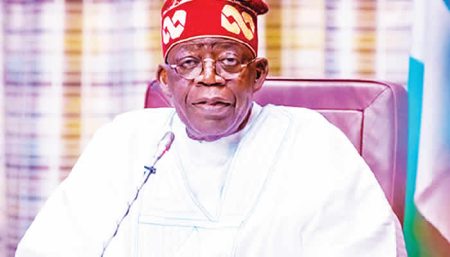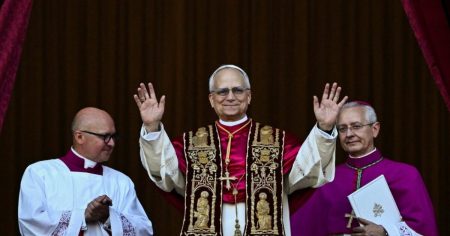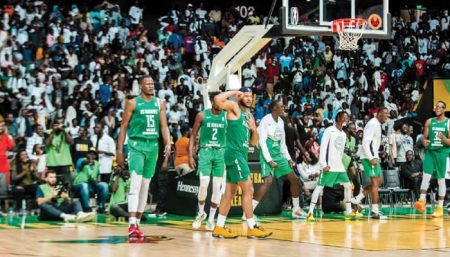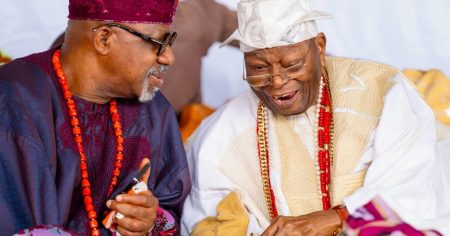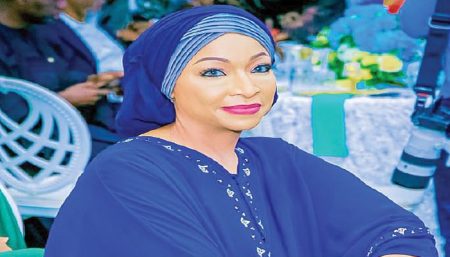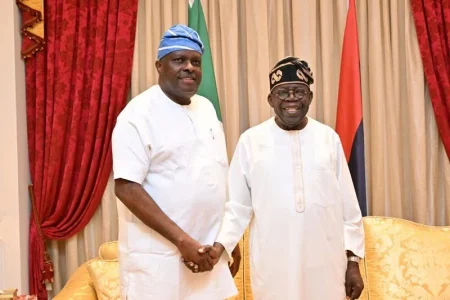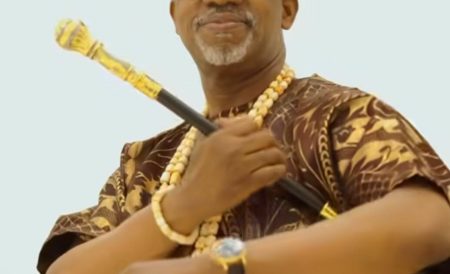The political landscape in Nigeria’s Federal Capital Territory (FCT) is heating up as the 2027 general elections draw nearer. The incumbent FCT senator, Ireti Kingibe, who won a surprising victory in 2023 under the Labour Party (LP) banner, finds herself facing a formidable challenge from both the ruling All Progressives Congress (APC) and the Peoples Democratic Party (PDP). Kingibe’s victory in 2023 was significant, securing a substantial margin over her opponents, including the long-standing PDP representative, Philip Aduda. However, the LP’s internal leadership crisis presents a significant obstacle to her re-election bid.
The LP is currently fractured, with two factions vying for control: one led by Julius Abure and the other by a National Caretaker Committee chaired by Nenadi Usman, who has the backing of prominent figures like Peter Obi, the 2023 LP presidential candidate, and Abia State Governor, Alex Otti. This internal struggle has weakened the party, prompting some members to defect to other parties, particularly the APC. The Independent National Electoral Commission’s silence on the matter, even after a Supreme Court ruling urging the party to resolve its internal issues, further complicates the situation. While Kingibe remains loyal to the Obi-aligned faction, the ongoing turmoil within the LP casts a shadow over her prospects in 2027.
Both the APC and the PDP are eager to capitalize on the LP’s internal struggles and reclaim the FCT senatorial seat. The PDP argues that the “Obidient” wave that propelled Kingibe to victory in 2023 has subsided, and the FCT’s traditional alignment with the PDP will reassert itself. They see the LP as a spent force, and believe voters will return to the PDP as the only credible alternative to the APC. They dismiss the previous election results as an anomaly driven by transient emotions and maintain that the PDP’s strong base in the FCT will ensure their victory in the upcoming election.
The APC, on the other hand, points to the performance of FCT Minister Nyesom Wike as a key factor that will sway voters in their favor. They argue that Wike’s actions have demonstrated the effectiveness of APC governance, changing the perception of the ruling party among FCT residents. They are confident that this positive shift in public opinion, coupled with the LP’s internal woes, will pave the way for an APC victory in 2027. They downplay any historical difficulties the ruling party might have faced in winning the FCT, attributing past losses to previous administrations’ shortcomings.
Meanwhile, the LP remains defiant, expressing confidence in retaining the FCT seat. The party attributes its 2023 success to its strong grassroots support and insists that this organic following remains intact. They accuse the ruling party of intending to rig the 2027 elections and emphasize their commitment to engaging with voters directly, highlighting their house-to-house campaigning efforts. They also downplay the internal crisis, stating that the Supreme Court judgment has provided a pathway to resolution and that the party is working towards unity ahead of the elections.
As for Senator Kingibe, she has remained silent on her plans for 2027, neither confirming nor denying the speculations surrounding her political future. The LP maintains that all is well within the party and that Kingibe is performing her duties effectively. They reiterate that their party does not offer automatic tickets and that all positions, including the FCT senatorial seat, will be democratically contested. The upcoming council elections in 2026 will likely serve as a crucial test of strength for all parties involved, offering a glimpse into the potential outcomes of the 2027 general elections. The battle for the FCT senatorial seat promises to be a closely watched contest, with the LP’s internal struggles, the APC’s focus on Wike’s performance, and the PDP’s reliance on its traditional base all playing significant roles in determining the outcome.


